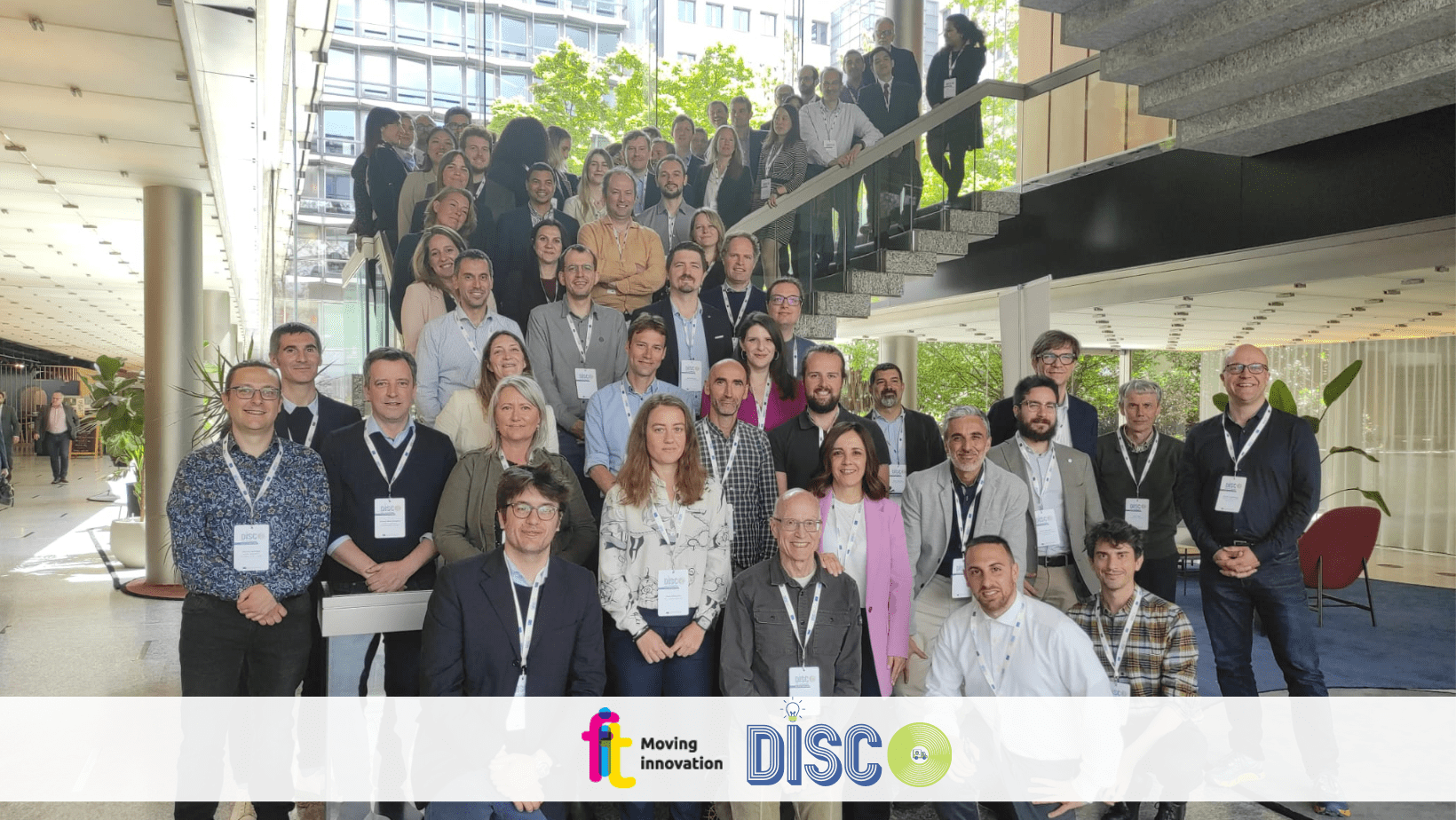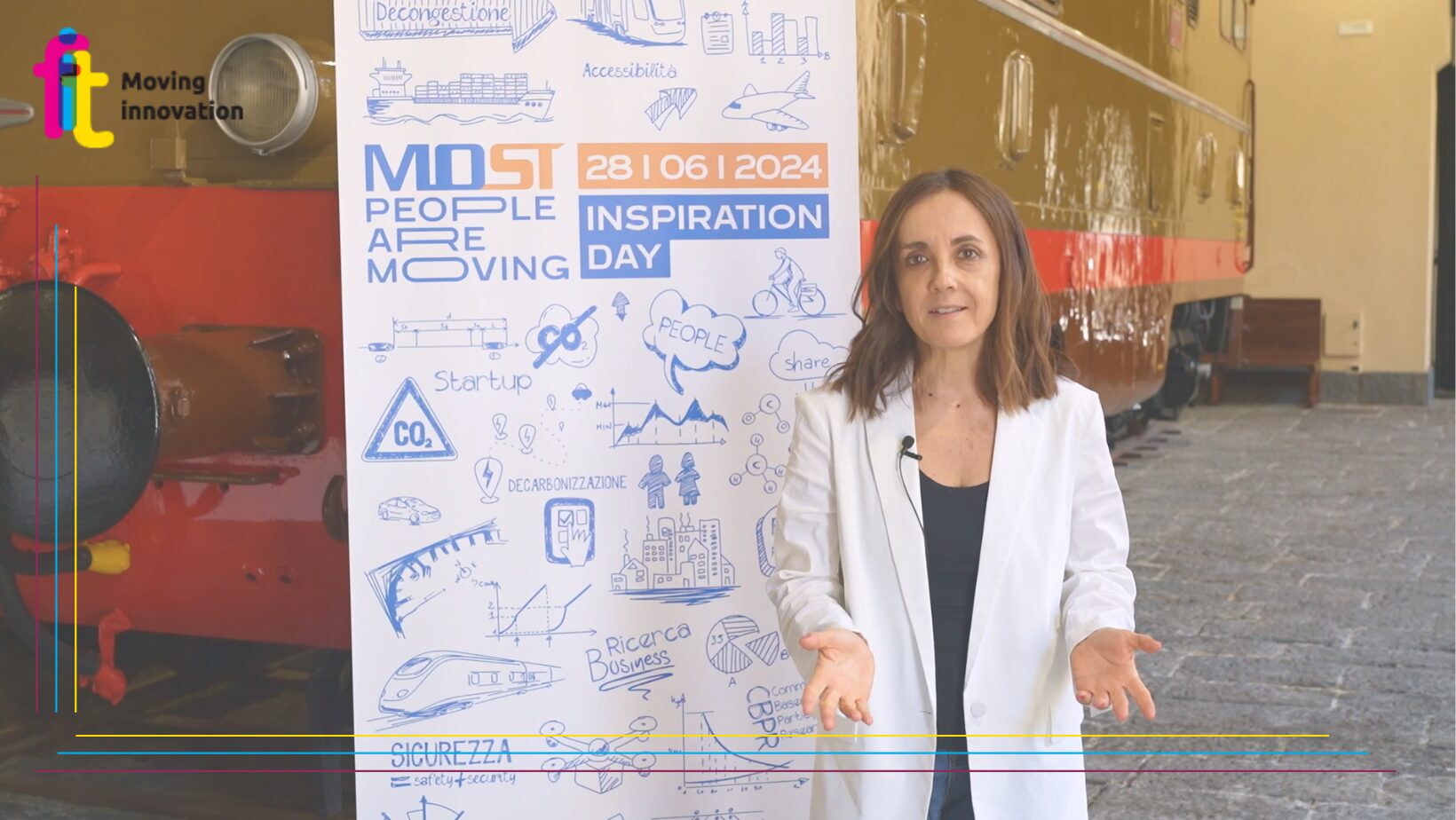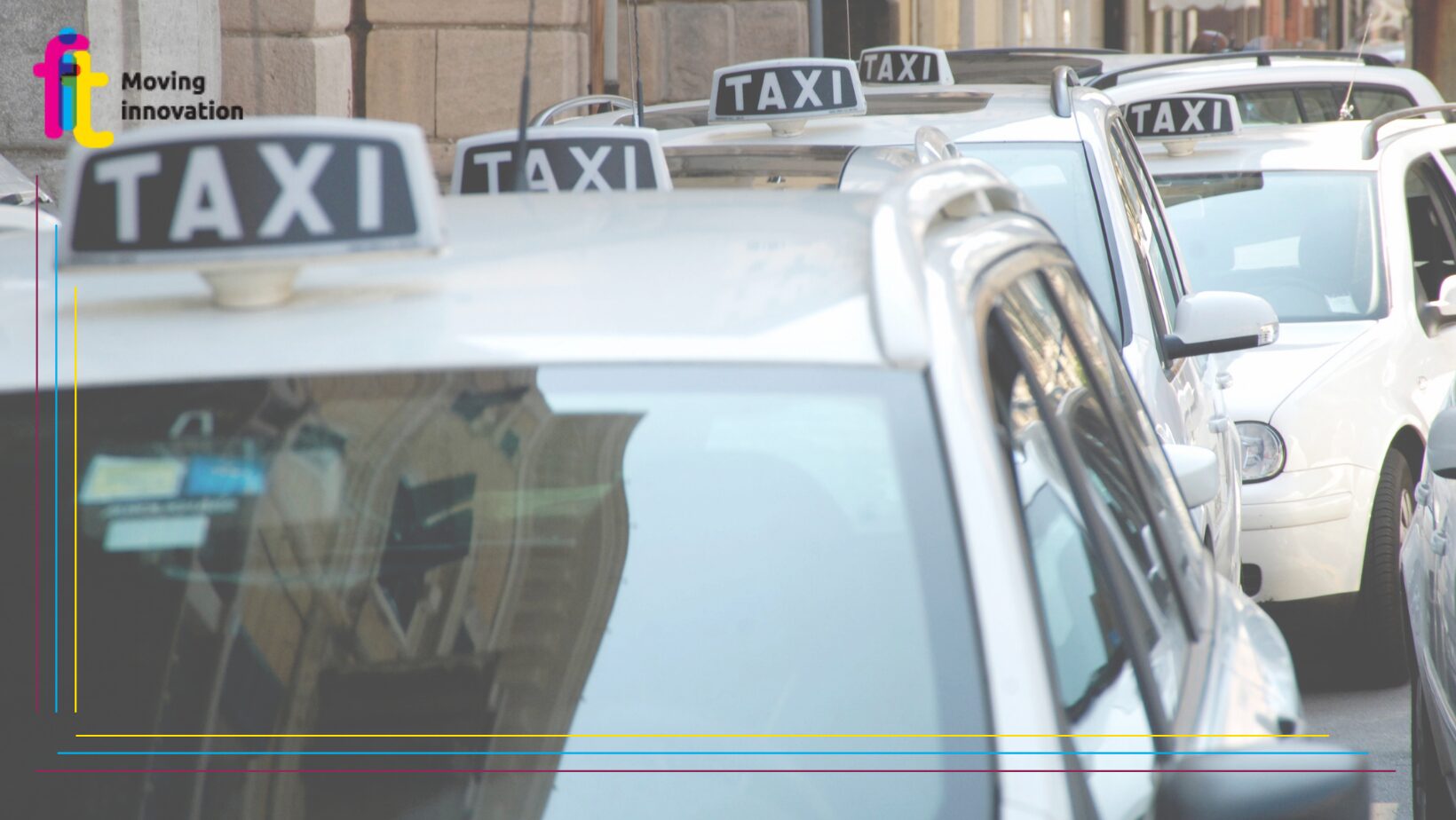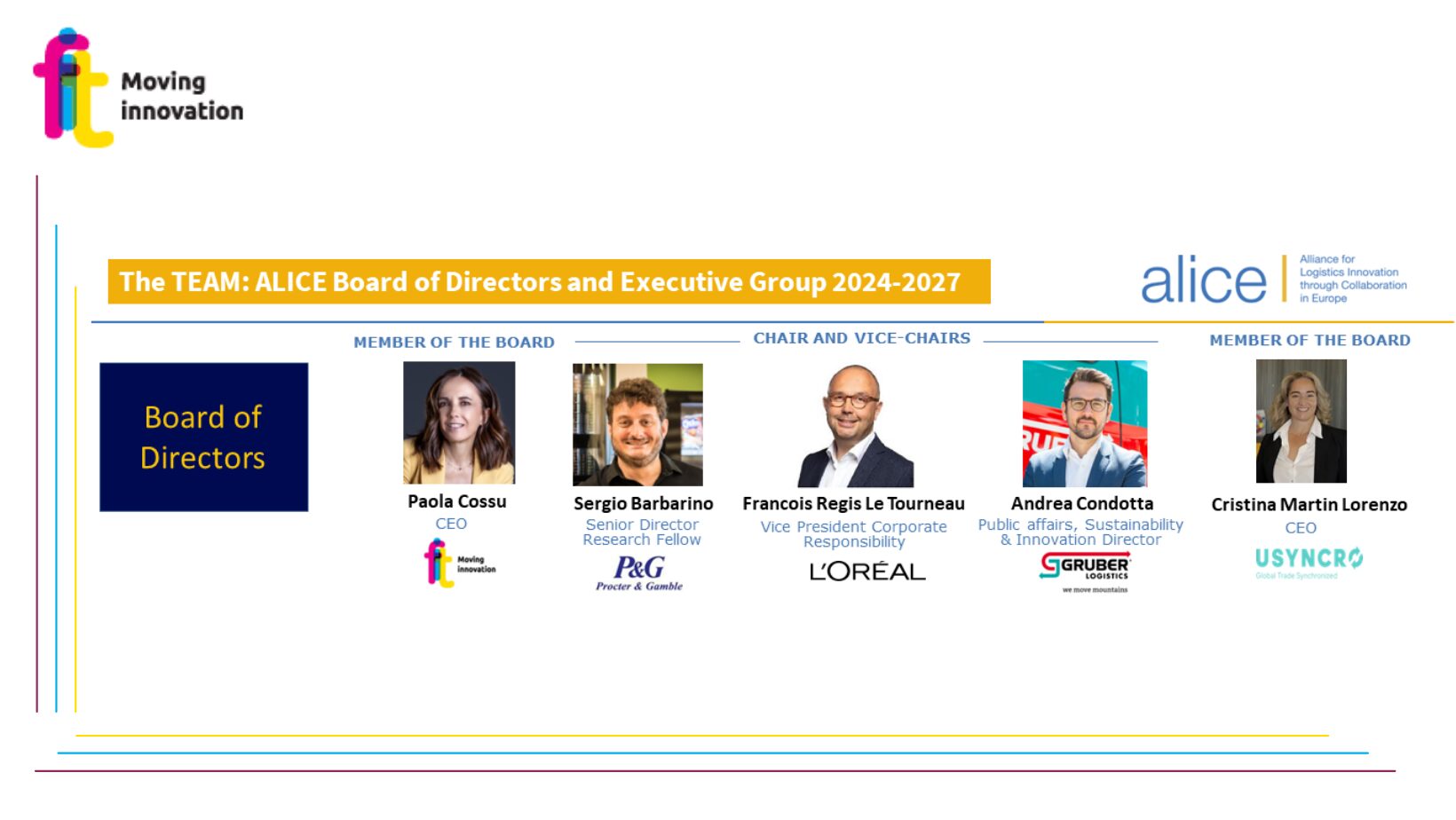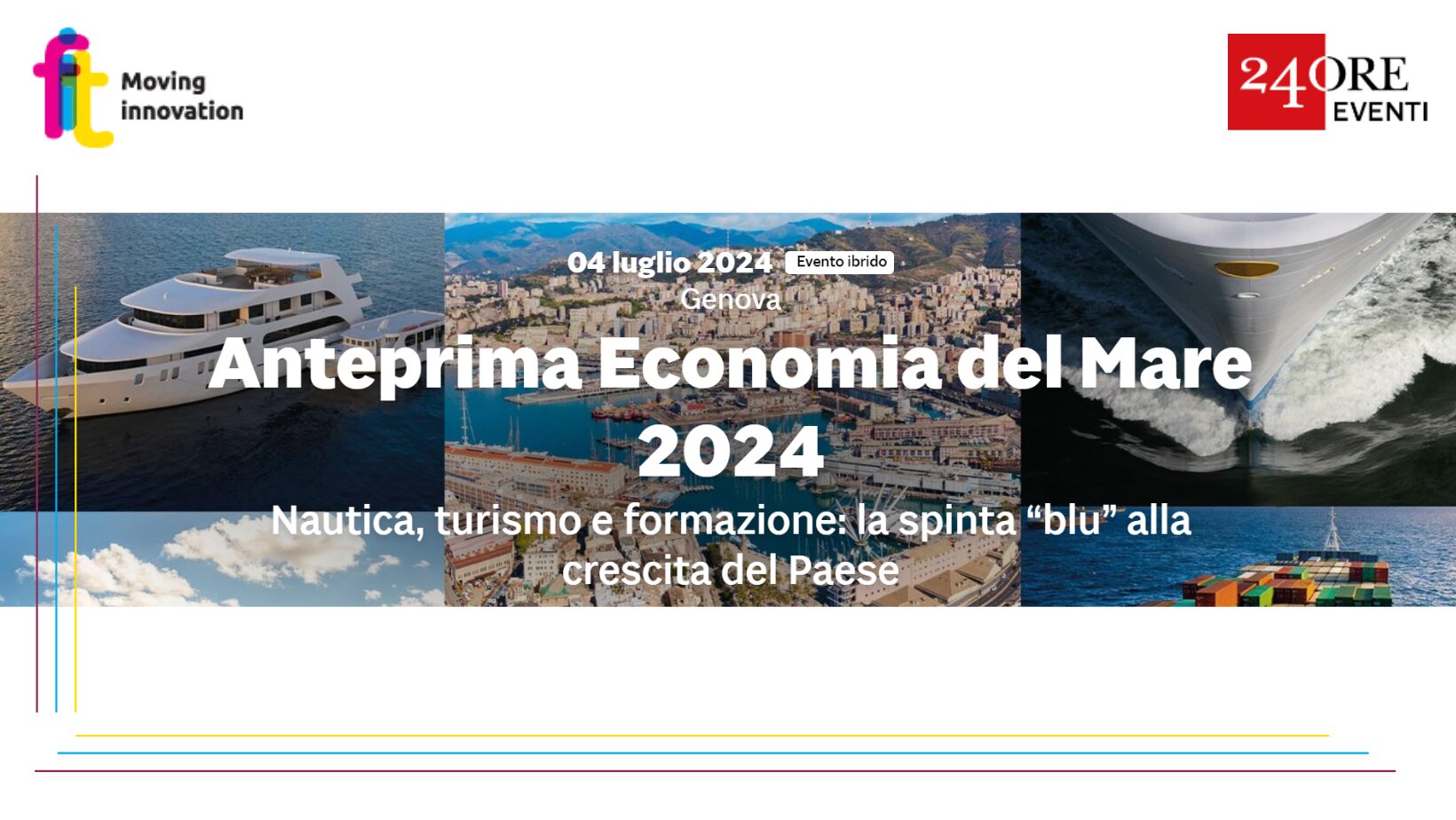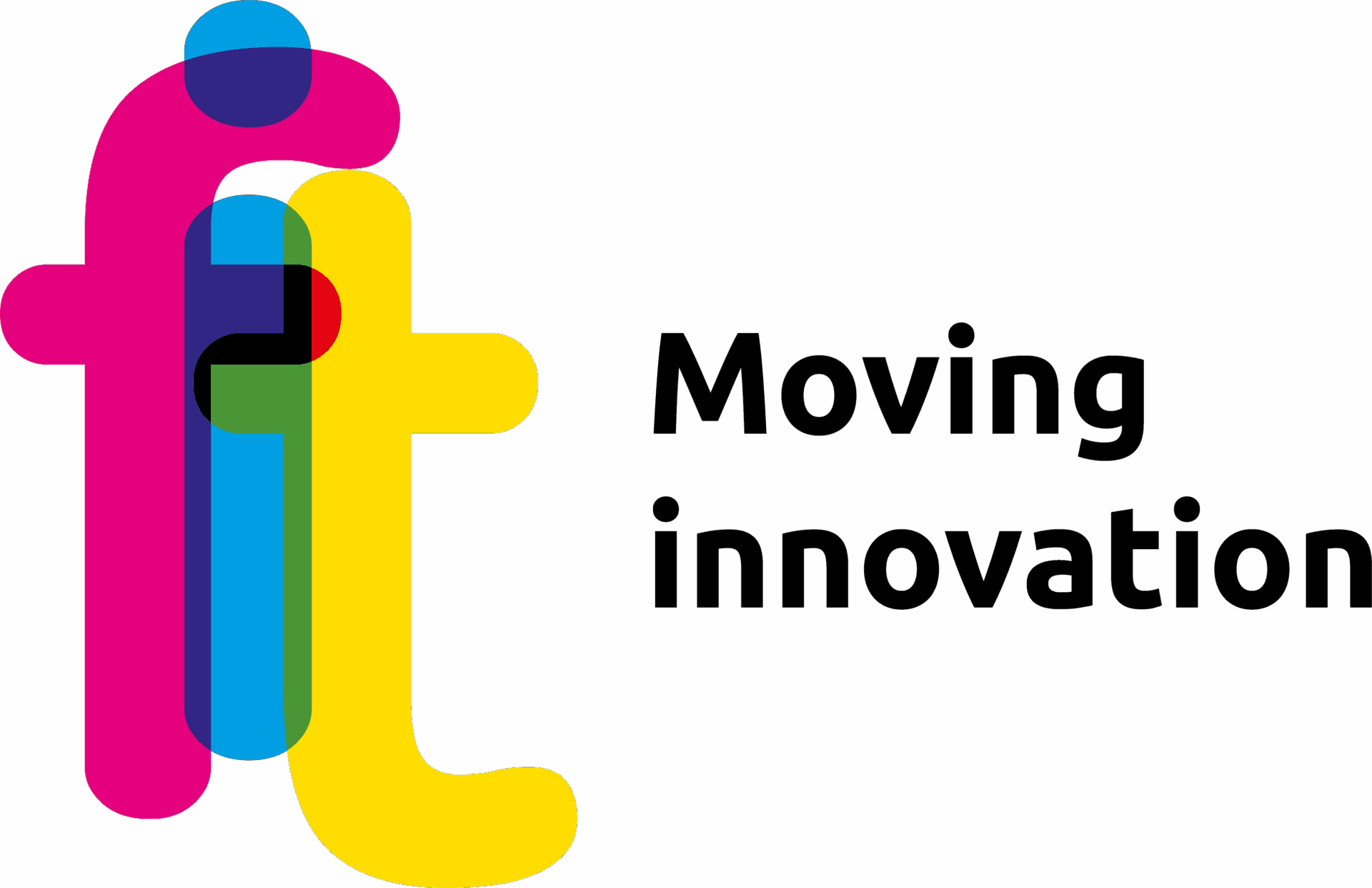The Kick-off meeting of DISCO, the innovative 42-month project co-funded by the European Commission under the Horizon Europe program and coordinated by FIT Consulting, was held in Brussels on May 16 and 17.
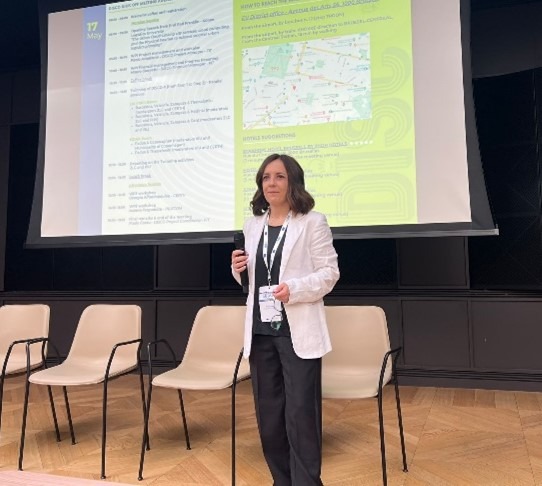 With its 47 partners, DISCO aims at fast-tracking upscaling to a new generation of urban logistics and smart planning framework, enabling the transition to decarbonised and digital cities in Europe, delivering innovative tools and methods, changing the urban logistics and planning paradigm with a Physical Internet (PI) – led approach.
With its 47 partners, DISCO aims at fast-tracking upscaling to a new generation of urban logistics and smart planning framework, enabling the transition to decarbonised and digital cities in Europe, delivering innovative tools and methods, changing the urban logistics and planning paradigm with a Physical Internet (PI) – led approach.
“The DISCO ambition is to accompany the Physical Internet-led digital transition process in urban logistics planning. This transition can be compared to discography industry evolution: from vinyl to streaming, with music supplied as commodity and mass adoption by digital devices” explained at the opening of the kick-off meeting Paola Cossu, CEO of FIT Consulting and DISCO Project Coordinator. “In the music industry evolution the transition has already been achieved: from physical support in vinyl, magnetic tape, or metal, to full dematerialisation of products, distributed by means of a data platform, able to share royalties, services, and music as a commodity, like Spotify. Music can now be massively used by everyone by regular subscription (just by mobile), wherever they are and whatever music one would like to listen (Music as a service). The same should go for deliveries in urban logistics (es. Logistics as a service)”.
 Representatives of the European Commission were also present at the kickoff meeting: Yannick Bousse, DISCO Project Officer CINEA – European Climate, Infrastructure and Environment Executive Agency, explained that “The take up and upscaling of innovative, best practice and replicable data driven logistics solutions combined with urban planning in DISCO has the capacity to contribute to the priorities of the European Green Deal”.
Representatives of the European Commission were also present at the kickoff meeting: Yannick Bousse, DISCO Project Officer CINEA – European Climate, Infrastructure and Environment Executive Agency, explained that “The take up and upscaling of innovative, best practice and replicable data driven logistics solutions combined with urban planning in DISCO has the capacity to contribute to the priorities of the European Green Deal”.
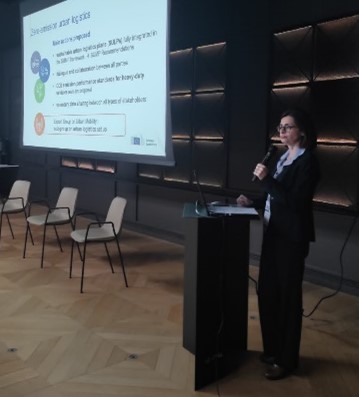 Paola Chiarini, European Commission – DG Mobility and Transport, pointed out how “Given the wide-ranging expertise of the consortium, the direct involvement of 12 cities and the focus on uptake of the results, DISCO has a real potential to deliver innovative solutions and make urban logistics more efficient and sustainable”.
Paola Chiarini, European Commission – DG Mobility and Transport, pointed out how “Given the wide-ranging expertise of the consortium, the direct involvement of 12 cities and the focus on uptake of the results, DISCO has a real potential to deliver innovative solutions and make urban logistics more efficient and sustainable”.
The second day opened with a speech by Professor Rod Franklin (Kuehne Logistics University) “The Urban Cloud: Linking city services, cloud computing, and the Physical Internet to achieve smarter urban logistics planning”. “Cities are complex social entities that operate through the integration of many networks – Professor Franklin explained -. The complexity of interaction between these networks makes it very difficult for cities to deliver sustainable environments for their citizens. By enabling dynamic management of city infrastructures, the DISCO project is taking a positive step in assisting cities in addressing one aspect of their quest to provide citizens with the services they want; providing sustainable logistics that serve the demands of residents and businesses”.
The DISCO’s 23 ground-breaking measures are demonstrated on a 3-Steps implementation lifecycle, involving in total 8 demonstrators: 4 Starring Living Labs, Copenhagen (DK), Ghent (BE), Thessaloniki (EL), and Helsinki (FI) (Step 1), 4 Twinning Living Labs, Padua (IT), a Spanish Cluster with Barcelona, Valencia, and Zaragoza (ES) (Step 2), and 4 Early Adopters, Prague (CZ), Piacenza (IT), Aarhus (DK) and North Hesse (DE) (Step 3). They span North to South and East to West along TEN-T corridors, supporting the revised guidelines for the TEN-T, which states that EU cities on the network should adopt a SUMP harmonised with SULP, and collect relevant data. Seven out of 8 LLs are in the list of EU Mission cities.
DISCO mainly supports the Living Lab digital transition with its Adaptive Blueprint and an EU Mission Cities goals Policy package towards climate-neutral smart cities by 2030, employing novel urban logistics and a planning 2.0 approach for different ranges of European city geographies and development ambitions.
You can follow all updates on the DISCO project via the official social profiles, LinkedIn and Twitter.
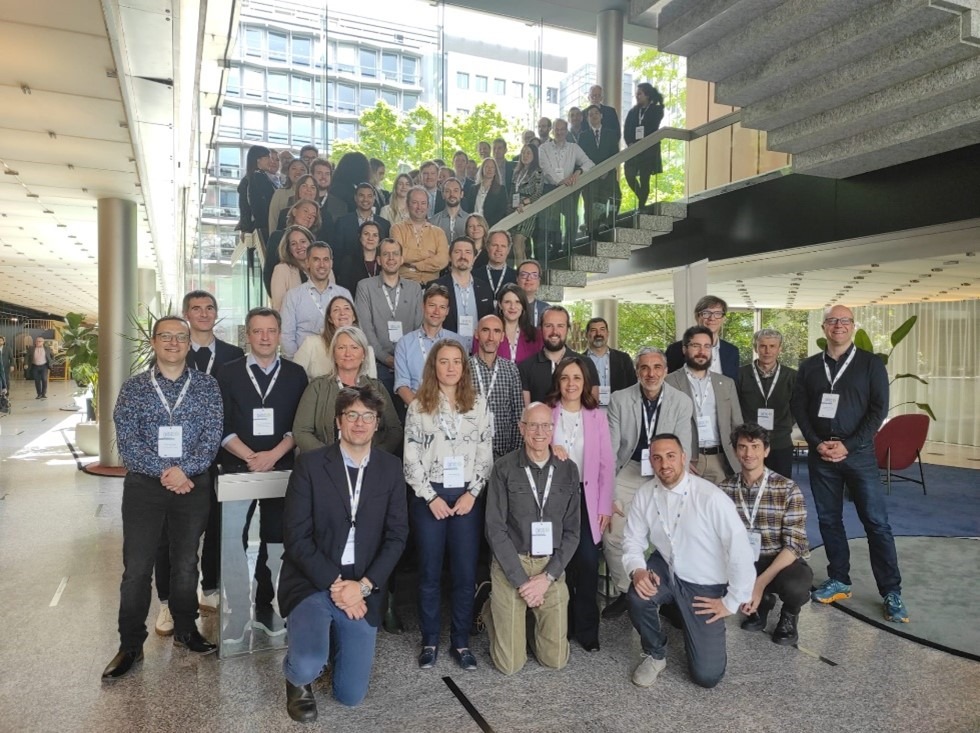 The DISCO project consortium
The DISCO project consortium
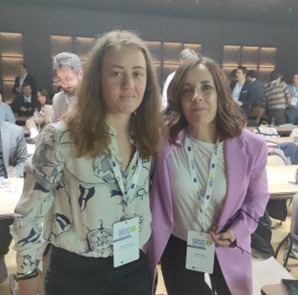 Paola Astegiano, DISCO Project Manager and Paola Cossu, DISCO Project coordinator
Paola Astegiano, DISCO Project Manager and Paola Cossu, DISCO Project coordinator

